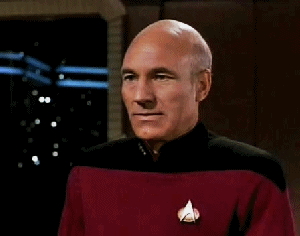are GIFs ruining, or just changing, how we communicate?
A seemingly innocent article in The New York Times discusses how start-ups are capitalizing on the GIF craze in mobile messaging. But it caught my attention not just because its author seems like a stodgy business writer coming several years late to the party. More eyebrow-raising are the handful of somewhat troubling quotes he casually drops in that hint at something bigger, deeper, and possibly more depressing going on with how we use images to connect:
“I’m not that great with words,” Mr. Howlett said. “But if I find the perfect GIF, it nails it.”
…
“A GIF packages your message for you, so you don’t have to figure out how to express yourself,” Ms. Baron said.
…
”Typing is an antiquated input method and you can’t express emotional dimension adequately with just a handful of emoji,” said Adam Leibsohn, the chief operating officer of Giphy, which is based in Manhattan. “GIFs have trumped all of it.”
In isolation, these can sound like cries for help from a generation incapable of speaking to one another; or on the other side, for anyone who places real value in articulating meaning through words, like the last gasp of our society giving up any pretense of attempted sophistication.
Are we willingly dumbing ourselves down by falling back on emojis and GIFs to communicate?
Will society gradually value words less and less as a form, in favor of the simplicity of images?
Or will there be a growing divide between those who care enough to use words and those who don’t, based on class, or education, or age?

